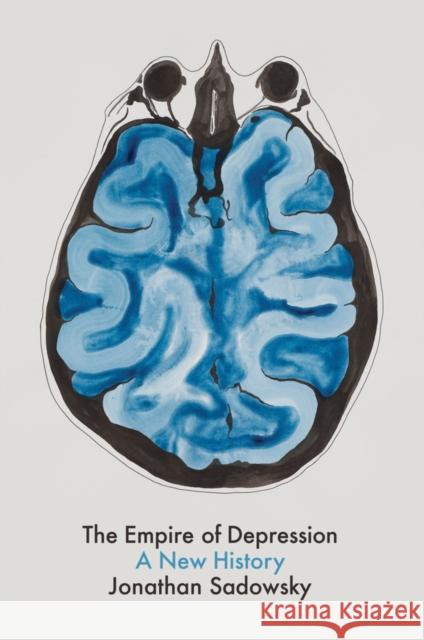The Empire of Depression: A New History » książka
topmenu
The Empire of Depression: A New History
ISBN-13: 9781509531653 / Angielski / Miękka / 2023
The Empire of Depression: A New History
ISBN-13: 9781509531653 / Angielski / Miękka / 2023
cena 92,24
(netto: 87,85 VAT: 5%)
Najniższa cena z 30 dni: 90,32
(netto: 87,85 VAT: 5%)
Najniższa cena z 30 dni: 90,32
Termin realizacji zamówienia:
ok. 8-10 dni roboczych.
ok. 8-10 dni roboczych.
Darmowa dostawa!
Kategorie:
Kategorie BISAC:
Wydawca:
John Wiley and Sons Ltd
Język:
Angielski
ISBN-13:
9781509531653
Rok wydania:
2023
Oprawa:
Miękka











